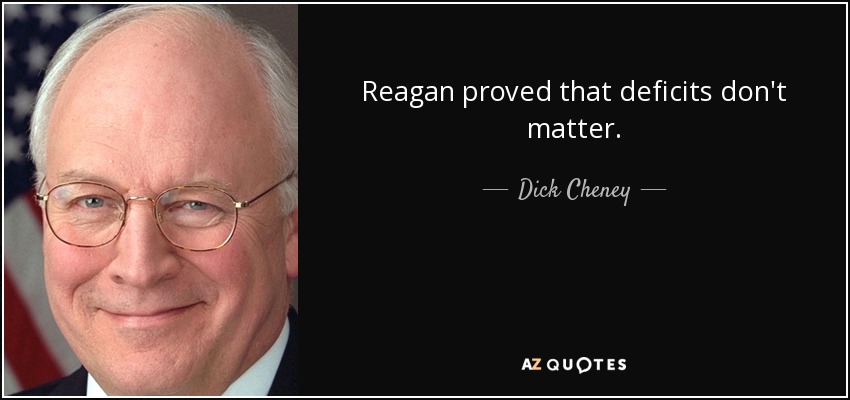People love to attack me with straw men. Even more fun when they then run away and say things like, I'm not worth it. Really? Because it wasn't me that called you out by name from nowhere. That was you who called me out with a false statement and then ran away because you couldn't defend it.
Here is something I never said:
Quote:
Biden is in charge of monetary policy at the FED and that's why the stock market has been so spectacular.
But most finance professionals I have come across only have a superficial understanding of economics so I can understand why a finance professional might think I said that. They typically think understanding finance means understanding economics. They typically think saying thing like, taxes just take money out of people's pockets, is a profound economic statement rather than just a profit maximizing dogma for themselves.
So let me explain a few things about interest rates. There are a ton of them. The Fed controls the overnight rate banks charge each other (Fed Funds Rate). The finance world is obsessed with the Fed (more so than is deserved even with the very strong effect the Fed has on the finance world). Partly a phenomenon of 24 hour news and partly a phenomenon of needing somebody to blame for the myriad things out of their control in their, admittedly, difficult job. So some finance professionals think the Fed controls all interest rates (influence is not control). Go ahead ask some of them around you. You'll hear a lot of crazy stuff.
When I say something like, Biden has normalized rates, I am talking about the economics based theoretical neutral rate. This is the theoretical rate which supports full employment and is not inflationary. But finance people are Fed obsessed and sometimes think any mention of interest rates is a commentary on rates controlled by the Fed (some finance people have the crazy notion that the Fed controls all rates). In reality the Fed isn't so much setting a Feds Funds Rate (that sounds easy) - they are setting a Fed Funds Rate relative to the theoretical neutral rate that will deliver the desired result they are looking for. In other words, they are adjusting to a target they can't see because it is an economic theory.
So what drives the theoretical neutral rate (R*)? Below is a link from the CFA Institute (I'm pretty sure I have mentioned I used to be a CFA. But I stopped paying dues, so no more).
Quote:
R* is widely believed to be determined by real forces that structurally affect the balance between savings and investment in an economy. This includes potential economic growth, demographics, risk aversion, and fiscal policy, among others.
Fiscal policy? You don't say. Let's say the Fed sets their rate at 2% in 2012 - that is contractionary because the neutral rate is way below 2%. Let's say the Fed sets their rate at 2% in 2022 - that is expansionary because the neutral rate is way above 2%. In both cases the neutral rate was abnormal so the Fed, in order to get the result they desire, had to respond to reality with abnormal rates. That is what I mean when I say the Fed is the tail, not the dog. The neutral rate is the rate that Biden has normalized (if the Fed doesn't mess it up by leaving their rate too high for too long).
Here is a hypothetical. Let's say the economy is fine. GDP is 2%, inflation is 2%, unemployment is 2%, the Fed Funds rate is 2%, and the theoretical neutral rate is 2%. The Feds monetary policy is neither contractionary nor expansionary. The Fed says, don't touch a thing. The President disagrees and convinces Congress that now is the time for across the board 80% tax rates. The economy crashes. The Fed says, I told you not to touch a thing, this is your problem, I'm not changing anything and leaves their rate at 2%. The Fed hasn't done anything but their policy has gone from neutral to contractionary. What changed? Fiscal policy and the economics based theoretical neutral rate of interest.
https://blogs.cfainstitute.org/investor/2024/07/10/in-search-of-the-elusive-neutral-interest-rate/ 









